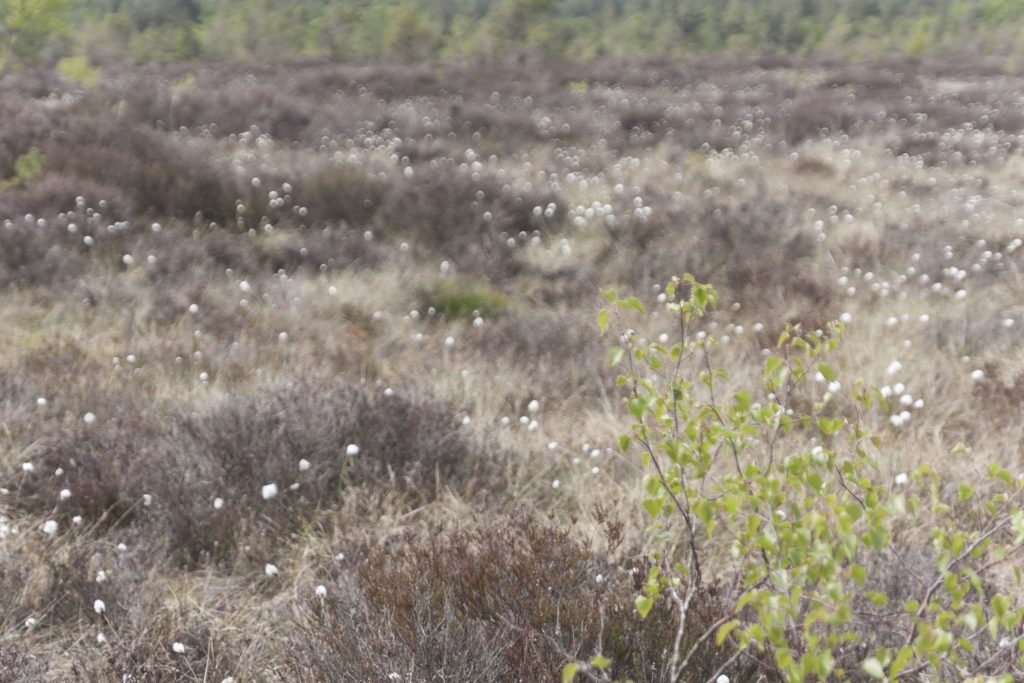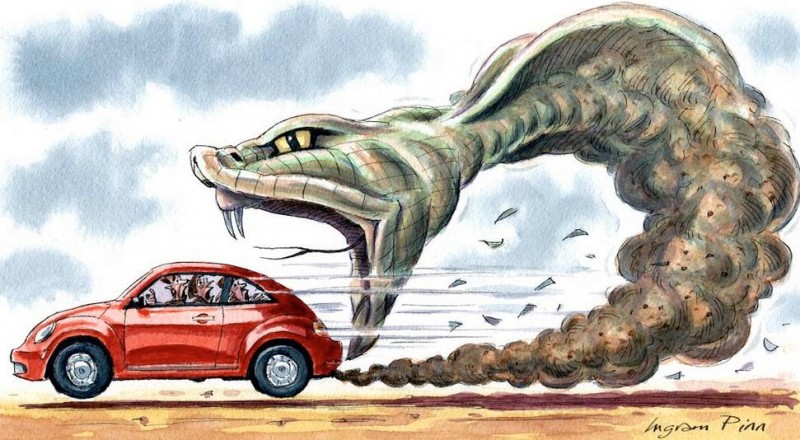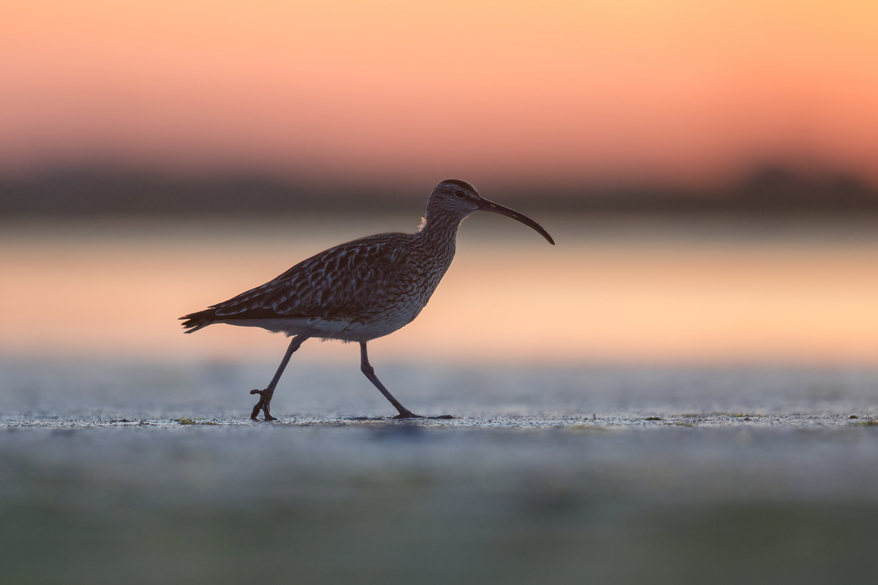Peatland emissions: the unspoken caveat to our net-zero ambitions

November 1st, 2019
Yesterday, the Government published the first progress report on its cross-departmental climate action plan that it says will secure a cleaner, more sustainable Ireland for future generations.
The Cabinet’s chest-beating as to the laurels of its pious quest to rid us of our climate problems by mid-century was heavily contrasted by the latest data presented by the Environmental Protection Agency last week.
Whatever trinkets of climate policy are in the new plan – and there are many positives – the EPA data is clear (and grim in equal measure) on our failings to date.
There is no denying it, we are falling well short of our 2020 and 2030 targets and decarbonisation by 2050 is a distant dream at this stage.
There is a silver lining, however, that the Government will be happy to hear – the EPA is confident that the climate action plan will get us over the line.
Critics are equally clear, however, that the year-on-year decline in emissions that would be achieved by the plan is nowhere near enough to get us to net-zero by 2050, let alone sooner as scientists warn may be necessary to stay below the 1.5-degree threshold.
The EPA openly admits that they have yet to calculate where the Government’s action plan will leave us in 2050, assuming the hundreds of action points in the plan (many incredibly ambition) are fully implemented.
There is also the giant elephant in the room that no-one seems to want to talk about in our emissions calculations – that of the extra 6 million tonnes of CO2 (around 10 per cent of total annual emissions) that we will have to account for when our peatlands, drained and exploited to near-total depletion, finally fall under our emissions accounting portfolio in 2026.
As one of Ireland’s leading peatlands experts, Dr Florence Renou-Wilson, told the Climate Action Committee last week: “This is not an ‘if’ and ‘but’ [scenario]. In 2026, Ireland will have to report all its drained bogs in any event. We will be in trouble by then.”

Tinkering at the edges
The Government will argue that the €5 million put aside from the carbon tax increase in Budget 2020 to accelerate the work of the National Parks and Wildlife Service in protecting raised bogs will help.
However, as Deputy Thomas Pringle correctly outlined at the climate action committee hearing, this seems to be just tinkering at the edges as the 27 bogs that the NPWS envisions targeting over the next three years will account for just 100,000 tonnes of carbon.
Perhaps if more revenue from the carbon tax went toward climate action – only revenue raised from €6 euro of the now €26 tax charged per tonne of carbon is ring-fenced for climate measures – more work could be achieved by the heavily-underfunded NPWS.
Even if this was to happen, we will solve only a portion of our peat problem as the protected state-owned network that the NPWS is in charge of accounts for just 20 per cent of our peatlands.
The rest is in private hands, and, as Dr Renou-Wilson told the committee last week, we still don’t have a concrete policy in place to manage peatlands outside of our national and European protected network.
To make matters worse, a Bill that has largely managed to sneak under the radar looks set to put an additional spanner in the works by allowing the State to weaken protection for natural heritage area (NHAs) bogs.
Wildlife Amendment Bill
The Wildlife Amendment Bill, almost certain to pass, will extend the State’s power to review the status of bog habitats, including the power to de-designate any of the 75 raised bogs (23,000 hectares) and 73 blanket bogs (37,000 hectares) in the NHA network.
The only bona fida climate champion left in the Seanad since the Green’s Grace O’Sullivan upped stick for Brussels, Senator Alice Mary Higgins has tabled numerous amendments and spent hours debating the Bill to try and remove its most worrying aspects.
Despite her best efforts to date, many dubious amendments have passed, including one that will see the installation of sporting grounds such as golf courses included as a potential reason for de-designating NHA bogs.
Equally as worrying, most of Ms Higgins peat-protecting amendments were defeated, including a call for only raised bog NHA sites identified in a recent review to be open to potential de-designation.
The review outlines 39 raised bog NHAs that have marginal ecological value or that would be prohibitively expensive to restore.
The review also outlined that we have decimated the network to date, with many bogs dried up and emitting six tonnes of CO2 per hectare every year.
The decision to also include blanket bogs for potential de-designation, as Dr Renou-Wilson put it last week, would be like “shooting ourselves in the feet” – not just for our climate targets but also in protecting our important peatland heritage.
[x_author title=”About the Author”]







